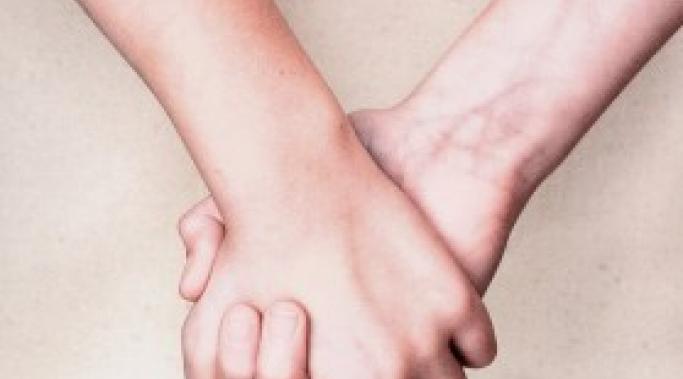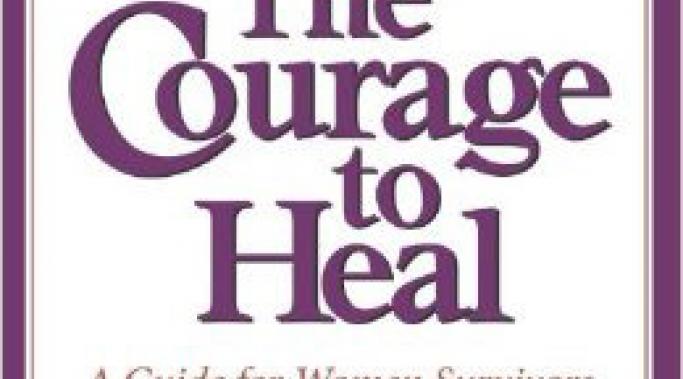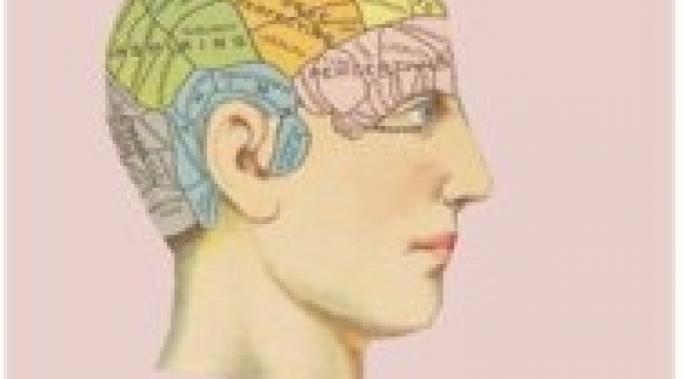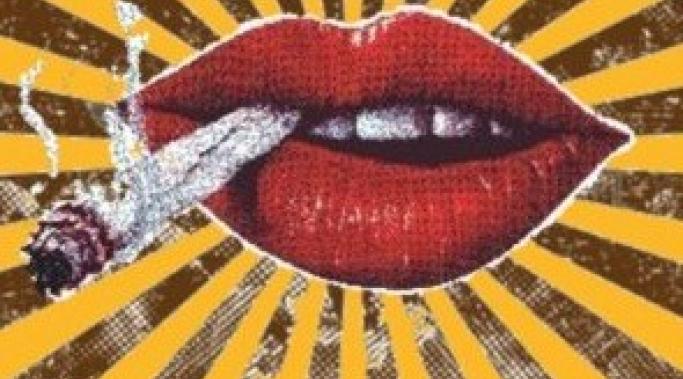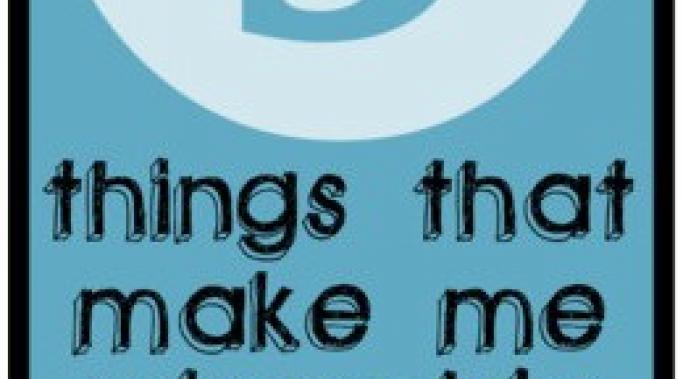A diagnosis of dissociative identity disorder (DID) can be overwhelming and confusing and part of the reason can be the differences in DID symptoms. In order for a DID diagnosis to be made, a person has to fit certain criteria. After diagnosis, people may seek out further information in order to learn more about their symptoms and what their diagnosis means (What Is DID?). They may also seek support by finding others who also have DID. But what happens when that information doesn't exactly fit the mold of one's own DID experiences and the people they meet don't share the exact same DID symptoms?
Living with DID
Forming relationships with alters in dissociative identity disorder (DID) isn't much different from forming social relationships. For example, we have close relationships and distant relationships, relationships built on open communication and relationships that seem to be closed off. Those same complexities exist in the relationships people with DID have with their alters.
Those of us with DID work diligently in forming relationships with our alters. Understanding these relationships can eventually lead to better self-understanding and self-awareness, and can make managing life with DID a little easier.
Dissociation is a common phenomenon. Most people will experience dissociation at some point in their lives. It becomes a disorder, like in dissociative identity disorder (DID), when it is so frequent or severe that it interrupts a person's daily life. One common technique used for dissociation is called grounding. It is a technique that helps a person regain connection with his or her physical body. This may often end the dissociation, or will at least make it more bearable.
Of all my Dissociative Living posts, only one was written for partners of people with dissociative identity disorder (DID). Maybe that's why the emails I still receive now and again from readers are almost always from partners. And the emails are always the same: something like, “I love my partner, but someone in their system broke up with me/told me to go away. Other parts love me and want me around. What should I do?” It's uncanny, really, how nearly identical each of these emails are. And here, once and for all, is my response to everyone who finds themselves desperate to know what they can do about their partner with dissociative identity disorder.
When I said that The Courage to Heal isn’t on my recommended reading list, I thought I knew precisely why I felt that way. Written for survivors of child sexual abuse and popular among people with dissociative identity disorder, the book seems to assume that the reader has repressed memories, even going so far as to say in its first edition, “If you are unable to remember any specific instances [of abuse] but still have a feeling that something abusive happened to you, it probably did.” That quote felt deeply problematic to me, but in hindsight, I see that I didn’t fully understand why. Now I do: it’s unintentionally reminiscent of the mind-bending child sexual abuser logic that helped cultivate my dissociative identity disorder.
These days, when I think about Dissociative Living, I think of it as a series of letters from me to you – "you" being anyone who lives with Dissociative Identity Disorder (or DDNOS, but I lump you guys under the DID umbrella for efficiency’s sake). It feels personal to me, like an intimate – though public -- correspondence. These letters I’ve written are about a thing we have in common, a serious thing, oftentimes a painful thing. I feel uneasy about some of those letters. I feel uneasy because I know just how vulnerable and suggestible a person can be when they’re struggling with something serious and painful. These days, when I think about Dissociative Living, I think that some of my letters may have hurt you. To begin with, there’s that last letter: the one about how I’m crazy.
I am crazy. I am a fraud. I wanted to understand dissociative identity disorder (DID) because I wanted to understand myself. I didn't like it, though, all this multiple personalities crap that made me feel out of control. So I changed it. I made DID okay. Hard, but okay.
About a year ago it occurred to me that managing cortisol might directly impact symptoms of Dissociative Identity Disorder (DID) and Post-Traumatic Stress Disorder (PTSD). Because cortisol is an adrenal hormone secreted during periods of high stress, it seemed logical that people with trauma disorders would have higher-than-average cortisol levels. The symptoms of cortisol imbalance supported that idea, and since taking the steps to stabilize those theoretically high cortisol levels could do me nothing but good either way, I launched an experiment. I quit smoking, swore off dieting, and tried to get better sleep. Did it help?
Trauma disorders like Dissociative Identity Disorder (DID) and Post-Traumatic Stress Disorder (PTSD) come with a host of chronic problems. Cortisol imbalance - either too much or too little of this adrenal hormone sometimes referred to as the "ultimate stress hormone" - might be one of them. But why bother investigating something that might be a problem, when there are so many things that are? I'm a curious person. And I've got a hunch that managing cortisol might directly impact symptoms of Dissociative Identity Disorder and PTSD, which in turn helps balance cortisol levels, which alleviates symptoms, and around and around we go.
I have Dissociative Identity Disorder (DID) and Post-Traumatic Stress Disorder (PTSD), trauma disorders that are both: 1) responses to overwhelming stress, and 2) sources of continuing high stress. Cortisol is an adrenal hormone our bodies create to help us cope with extreme stress, physical and emotional. I began researching the signs and symptoms of cortisol imbalance when it occurred to me that living with DID and PTSD (or any chronically, very-high-stress condition or situation) would logically mean living with elevated levels of cortisol. And whaddyaknow? The top five symptoms are also the top five most frustrating, debilitating, and chronic issues in my life.

